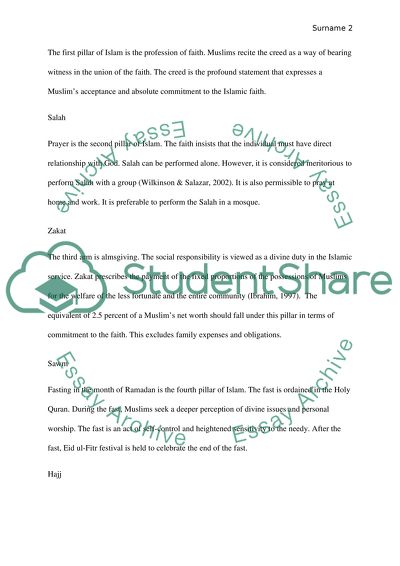Cite this document
(“Islam Essay Example | Topics and Well Written Essays - 1000 words - 2”, n.d.)
Retrieved from https://studentshare.org/religion-and-theology/1468372-islam
Retrieved from https://studentshare.org/religion-and-theology/1468372-islam
(Islam Essay Example | Topics and Well Written Essays - 1000 Words - 2)
https://studentshare.org/religion-and-theology/1468372-islam.
https://studentshare.org/religion-and-theology/1468372-islam.
“Islam Essay Example | Topics and Well Written Essays - 1000 Words - 2”, n.d. https://studentshare.org/religion-and-theology/1468372-islam.


